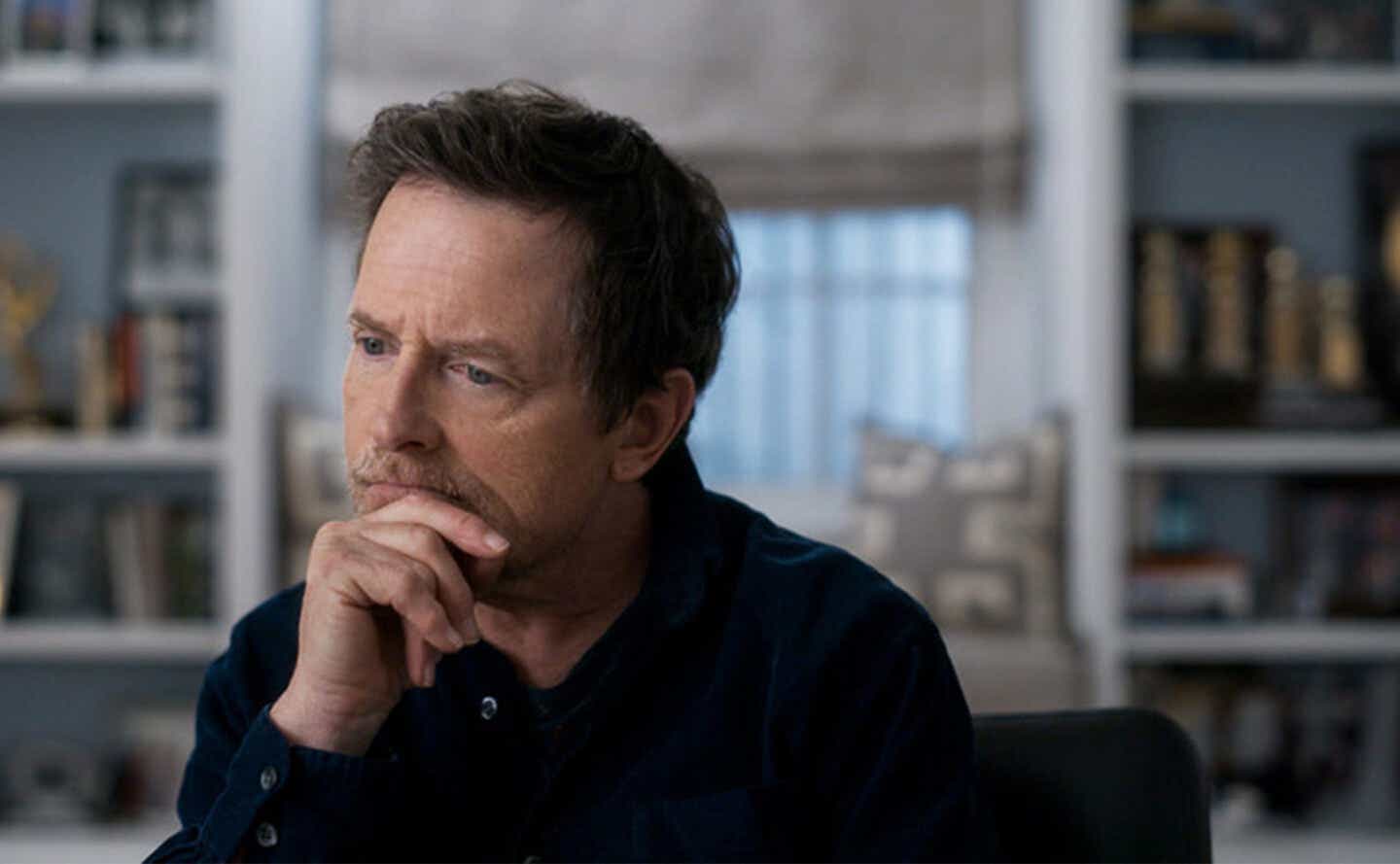“With gratitude, optimism is sustainable.”
In the 1990s, Michael J. Fox was at the top of the world. After famously earning his stripes starring in 80s hits like Family Ties, Back to the Future, and Teen Wolf, the Canadian actor seemed prepared to enjoy stardom. While working on the film Doc Hollywood in 1991, however, Fox noticed a tremor in one of his pinky fingers. A visit to a neurologist soon revealed that 29 years old, Fox was suffering from young-onset Parkinson’s disease.
This brain disorder — which causes involuntary movements, stiffness, shaking, and coordination issues — appeared to be a career killer. The disease is progressive, so symptoms like impaired movement, shaking, speech difficulties, and limited range of motion increase over time. Afraid of stigma, Fox kept the diagnosis a family secret until 1998.
When he finally made his condition public, Fox had to grapple with responses that looked past his personality and acting ability to focus on disability. In a 1998 interview with Barbara Walters, Walters says, “You are in the fight for your life” while emphasizing that the disease is “life-threatening” and “devastating.” Fox immediately replies, “That doesn’t represent the way I feel” — clarifying his discomfort with a maudlin perspective that focuses too heavily on limitations.
By 2000, Fox had stepped back from film roles and had his hands full with his new non-profit, the Michael J. Fox Foundation for Parkinson’s Research. But in the following years, against all odds, he returned to acting and earned a slew of Emmy nominations (and one win).
Now, Davis Guggenheim’s upcoming documentary, Still, explores Fox’s journey from precocious military brat to household name to Parkinson’s advocate. Ever curious, Katie recently sat down with Guggenheim and Fox to ask what they hope to achieve with this intimate film.
Read through some of our favorite moments and listen to the full podcast below.
Katie Couric: You were diagnosed at 29 in 1991. You told the world in 1998. You were dealing with so much and then you were dealing with having to keep this a secret. Do you have any regrets about not telling the world?
Fox: It was hard. My wife Tracy was amazing. She got me through. I had to figure out how to keep a secret. I quit drinking, so that was interesting. I was in serious danger of losing my marriage and losing my family.
One of the things that really affected me that paid off down the line was when I said, “I have Parkinson’s,” all this stuff started happening. Then I got onto these chat rooms with Parkinson’s patients who didn’t know it was me. I would talk to them. I said, “What about this Michael Fox?”
They said, “I love that he has Parkinson’s.”
When I got over the shock that these people were celebrating the fact that I had Parkinson’s, I got it. Then my goal became to get to the point where I could step into that and say, “Here’s what I can do, here’s what I can’t do. Let’s talk about it.”
Are there moments when you’re not so brave?
Fox: I don’t know what “brave” is. I heard the words “brave” and said, “OK, let’s be brave.” I guess the fallback is I’m brave.
Do you ever allow yourself to be furious? To rage?
Fox: Rage? I used to rage when I was younger. When Tracy talks about it, I say, “I was the dick,” because I can see the pain on her face and I can see how hard that was.
I don’t feel rage now. The thing that I feel now that isn’t pleasant is that I haven’t got a trick for it. There’s no easy answer. I can’t con [Parkinson’s Disease]. I can’t charm it.
It’s more like acceptance.
Fox: Acceptance is huge. Acceptance and gratitude. Everything I’ve ever written, there’s one line that I kind of go, “Well, that’s good.” If that’s the one logline that I write in my life, I’m happy with it. Which is, “With gratitude, optimism is sustainable.” If I can find something to be grateful for every day, I can win that day.








